
Bethany Brookshire was a longtime staff writer at Science News Explores and is the author of the book Pests: How Humans Create Animal Villains. She has a B.S. in biology and a B.A. in philosophy from The College of William and Mary, and a Ph.D. in physiology and pharmacology from Wake Forest University School of Medicine. She was a 2019-2020 Knight Science Journalism Fellow at MIT, the winner of the Society for Neuroscience Next Generation Award and the Three Quarks Daily Science Writing Award, among others.

All Stories by Bethany Brookshire
-
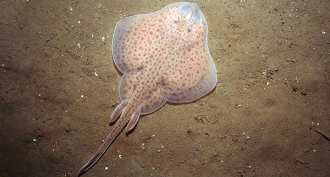 Animals
AnimalsOcean acidification may ground swimming skates
Fish might seem immune to acidic waters, but check their skeletons. They can be vulnerable and eventually alter how fish behave.
-
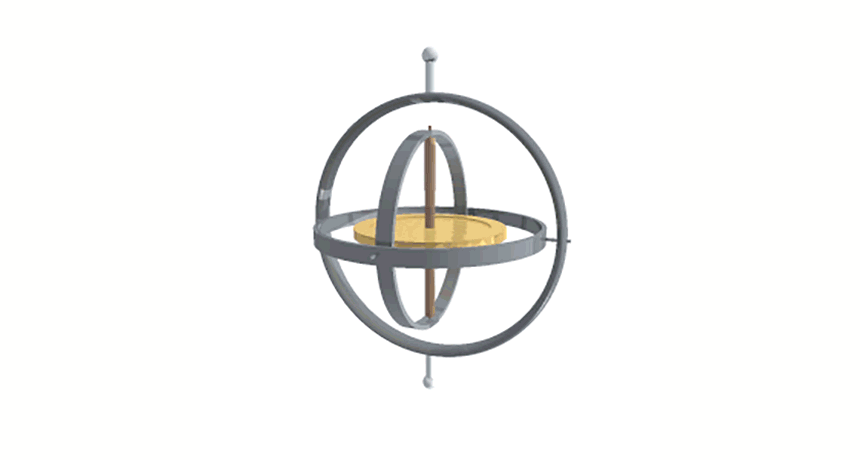
Scientists Say: Gyroscope
Gyroscopes are devices that measure the three-dimensional orientation of an object. They can be found in objects as varied as smartphones and space telescopes.
-
 Health & Medicine
Health & MedicineFor coughing up phlegm, water is key
Patients with diseases like cystic fibrosis get lungs filled with sticky mucus. Adding water could be the key to getting that phlegm out.
-
 Health & Medicine
Health & MedicineExplainer: The benefits of phlegm, mucus and snot
There are many types of mucus in the body. They might seem gross, but these gloppy goos are the first line of defense against infection.
-
 Health & Medicine
Health & MedicineFriendly adults help teens stand up against bullies
In the movies, kid heroes often intervene to stop bullies. What makes that happen in reality? A good family life and trustworthy teachers can help.
-
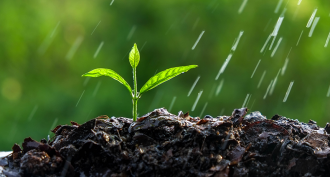
Scientists Say: Petrichor
There is no smell quite like that of fresh soil after a rainstorm. That smell has a name — petrichor — and scientists even know how it’s made.
-
 Ecosystems
EcosystemsScientists Say: Niche
An organism’s niche is the role it fills in the community it lives in.
-
 Health & Medicine
Health & MedicineThese researchers swallowed Legos for science
Parents rush to the hospital every day after their kids swallow toys. To calm their fears, six brave doctors swallowed Legos for science.
-
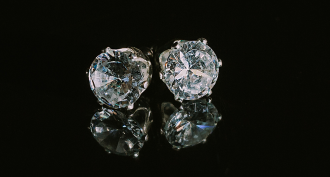 Materials Science
Materials ScienceScientists Say: Zirconium
Zirconium is a metal that knows the meaning of tough. It’s so heat resistant that it’s used for molds to shape melted metals, and so radiation resistant that it coats nuclear reactors.
-
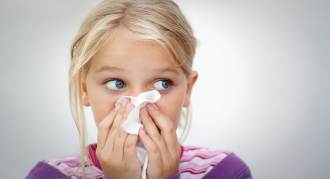 Health & Medicine
Health & MedicineSnot Science: Stopping the sneeze
In my previous study, I compared thick and thin snot. Now, I’ll find out if a tissue makes a difference in how far a sneeze spreads.
-
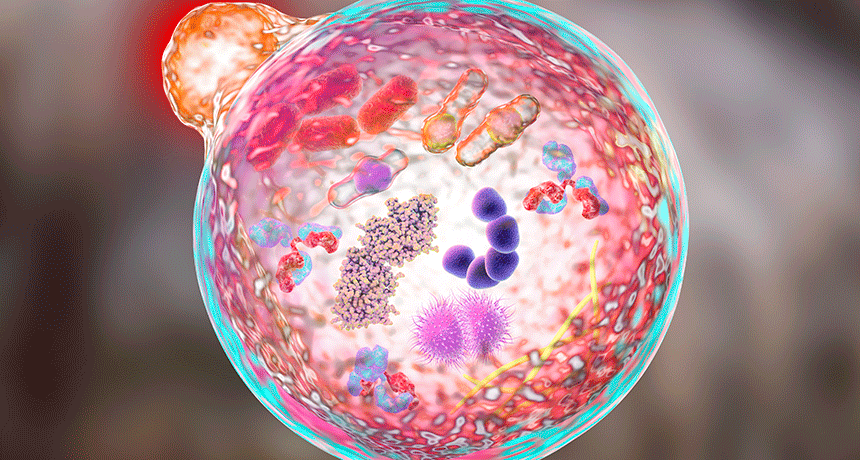 Life
LifeScientists Say: Metabolism
Metabolism is all the chemical activities that support life in a cell, an organ and a whole organism’s body.
-
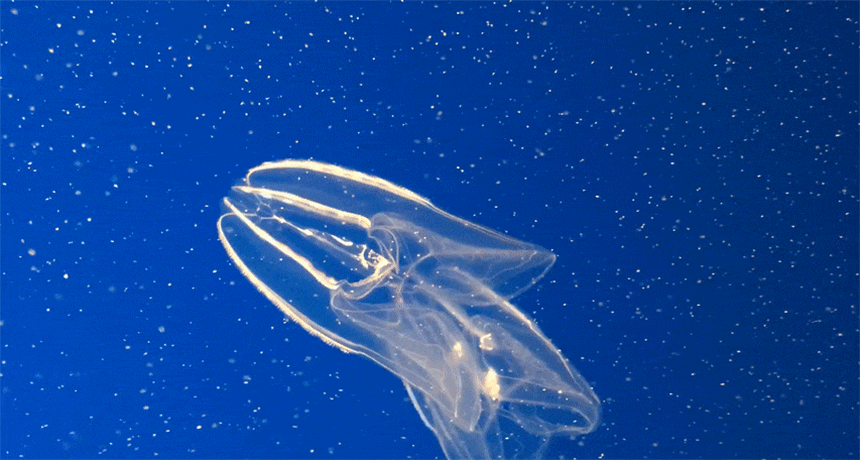 Animals
AnimalsScientists Say: Jellies
Jellies have roamed the seas for 500 million years. Some have stinging tentacles and bell-shaped bodies and are called jellyfish. Others are very different.